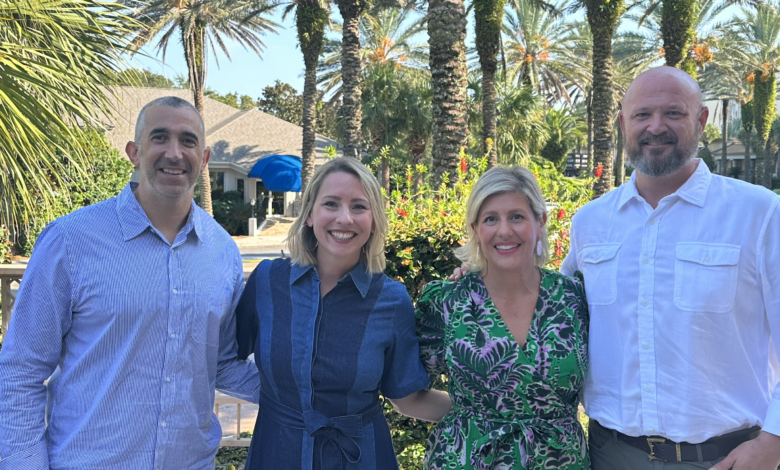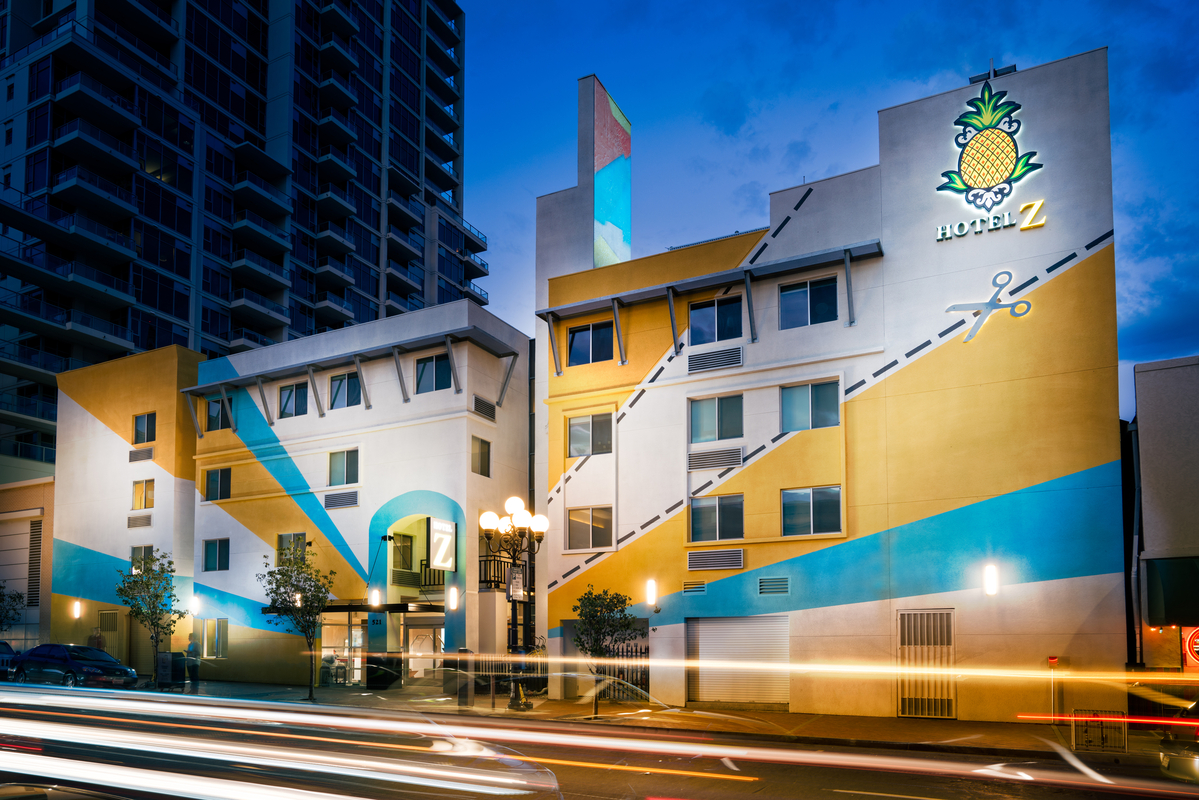
Key Insights from BITAC Independent’s Panel on Thriving in a Crowded Market
By Gavin Fraser | August 20, 2024
At the recent BITAC Independent event, Jenn Parks, vice president of the Curator Hotels and Resorts Collection, moderated a panel discussion on how independent hotels are distinguishing themselves in an increasingly competitive market. The panel featured Bree Brostko, COO and head of brand strategy at Retro Hospitality; Jonathan Gordon, founder and CEO of The Neighborhood Hotel; and David Lang, VP of operations at New Waterloo. Here’s a look at the key takeaways from their conversation.
Crafting a Unique Identity Through Community Integration
Bree Brostko emphasized Retro Hospitality’s commitment to community involvement as a cornerstone of their brand strategy. Their approach is rooted in creating properties that locals love and frequent. An exemplary case is the Curator Quirk Hotel in Richmond, Virginia, which began as an art gallery. The hotel now features exhibits from local, regional, and national artists. This showcase not only attracts local art lovers but also creates a draw for visitors, allowing Retro Hospitality to narrate fresh stories and engage with diverse artistic communities.
“Visitors want to go where the locals want to go, so we really invest a lot in developing key partnerships in all of our markets so that we position ourselves as an integral part of the community,” said Bree.
Jonathan Gordon of The Neighborhood Hotel shared how their properties are designed to reflect and integrate with their respective neighborhoods. With locations like Lincoln Park in Chicago and Little Italy, each hotel embraces the local flavor and culture. Instead of offering on-site food and beverage, The Neighborhood Hotel partners with local businesses and eateries, such as Taylor Street’s Scurry Bakery, enhancing the guest experience through authentic local interactions. This strategy helps guests feel genuinely immersed in their surroundings rather than isolated from the local culture.
“We take a wider lens of what’s going on in the city. All our hotels are located in the center of the community where we don’t have F&B on site because we’re selling local restaurants, so we find ways to embrace the local small business community at every turn,” Johnathan said.
David Lang from New Waterloo highlighted the importance of food and beverage programs as a major differentiator. By establishing destination restaurants within their properties and engaging in community activations, New Waterloo not only draws in locals but also creates memorable experiences for guests. For instance, their Baltimore property, Hotel Revival, partnered with a local school to provide a much-needed laundry facility, showcasing their commitment to social impact and community support.
“We lean heavily into our food and beverage programs. Destination restaurants embedded within our properties are really the gateway to the neighborhoods and bringing the locals to the property. Every one of our businesses has a social impact mission, and that’s another way we reach out into the community and find the right partnerships with vendors and all that good stuff,” David said.
Navigating Challenges in the Independent Space
One common challenge highlighted was workforce development. Bree pointed out the difficulties in finding skilled culinary staff, particularly in smaller communities like Danville, Virginia. Retro Hospitality is addressing this by working with local educational institutions to develop a culinary training center, thus ensuring a future supply of skilled workers.
Jonathan discussed the balance between leveraging technology and maintaining personal guest interactions. With a significant volume of customer text messages handled daily, he noted the challenge of integrating AI while ensuring genuine human touch. The key is to use technology to streamline operations without losing the personal connection that defines the independent hotel experience.
David shared insights on dealing with housing shortages for seasonal and permanent staff. New Waterloo’s innovative solution involved converting an apartment complex into affordable housing for employees. This approach supports staff retention and aligns with their commitment to local community development.
Staying Ahead of the Curve
To stay competitive, the panelists highlighted various strategies. Gordon emphasized the importance of focusing on technology that enhances the guest experience without becoming overwhelming. Innovations in virtual experiences and digital room previews are examples of tools that can add value while staying within budget constraints.
David Lang stressed the significance of investing in people. Despite the rapid evolution of technology, New Waterloo prioritizes their employees, offering competitive wages and ongoing training. Their impact-driven approach, including initiatives like their digital telethon for employees during the pandemic, reinforces their commitment to social responsibility and employee well-being.
This panel underscored that the independent hotel sector thrives by embedding itself deeply in local communities, balancing technology with personal service, and continuously innovating in response to emerging challenges. The strategies shared by Brostko, Gordon, and Lang offer valuable lessons for independent hotels striving to carve out their unique niche and build lasting connections with their guests and communities.





Get involved!
Comments